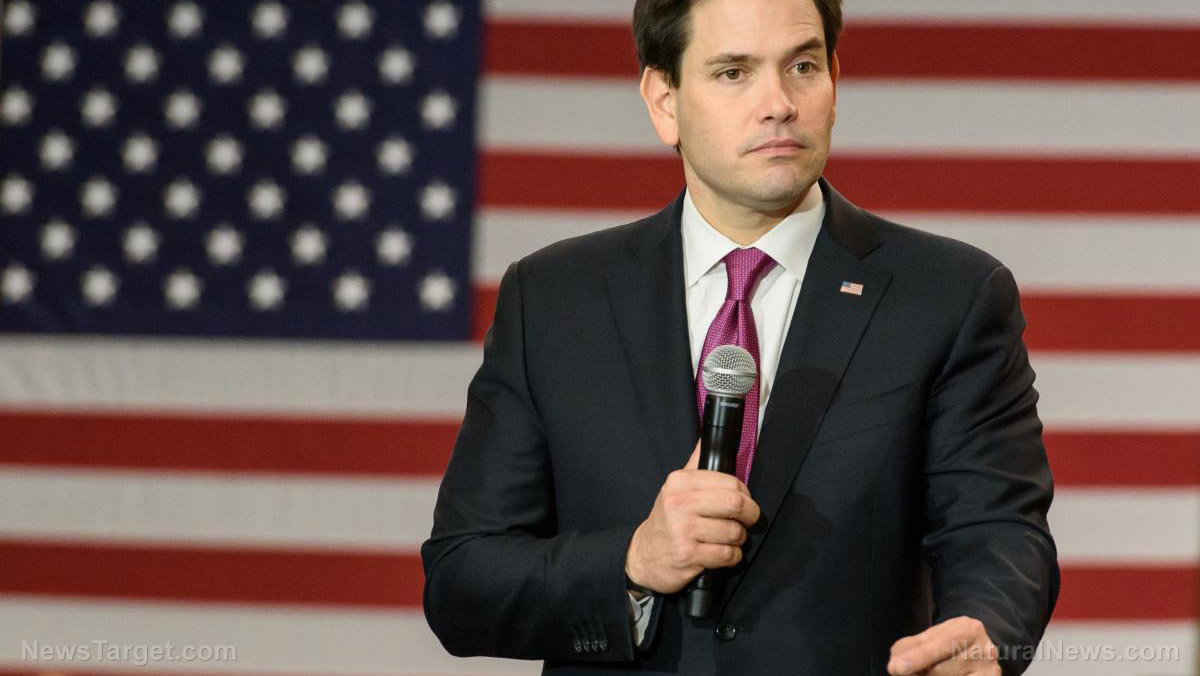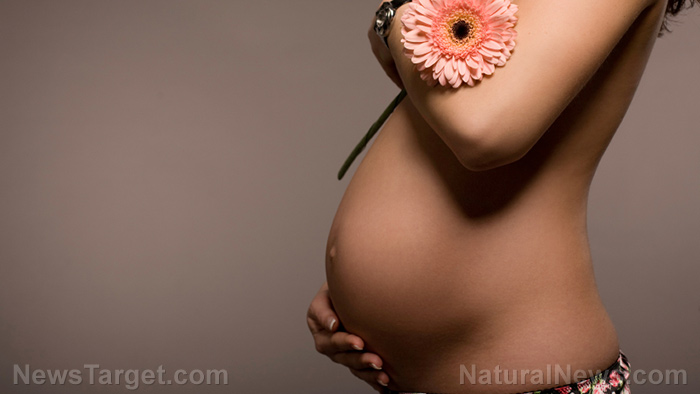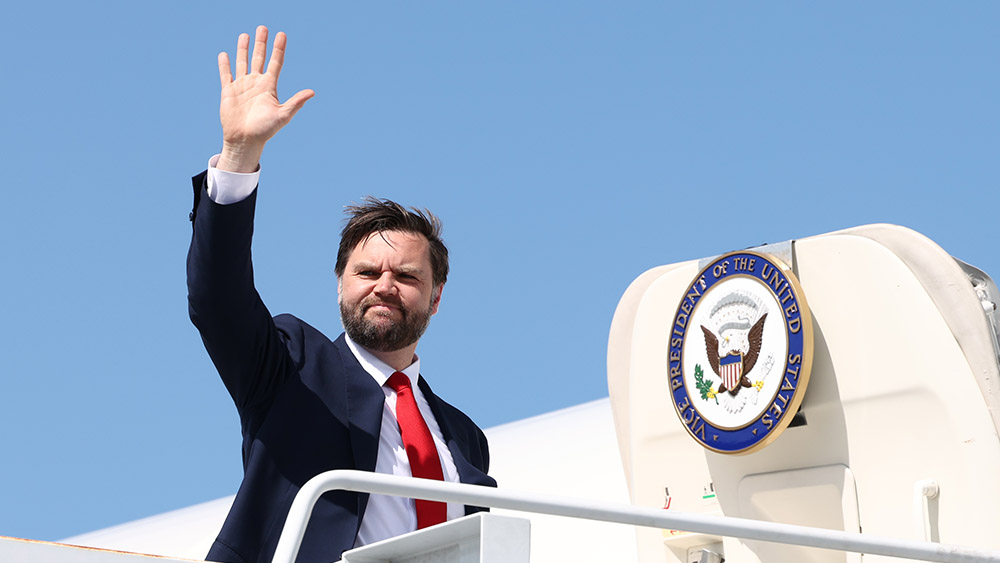 Parler
Parler Gab
Gab
- The U.K.’s fertility rate hit a record low of 1.44 children per woman in 2023, far below the replacement rate of 2.1.
- U.K.'s Secretary of State for Education and Minister for Women and Equalities Bridget Phillipson urges young Britons to have more children, citing childcare costs, housing affordability and workforce instability as deterrents.
- Labour plans to expand childcare hours and establish school-based nurseries, aiming to reduce financial burdens on families.
- Critics, including Reform UK’s Nigel Farage and Hungarian Prime Minister Viktor Orbán, highlight migration policies and austerity as exacerbating falling birthrates.
- Demographers warn that continued decline could lead to a shrinking workforce, elevated national debt and shifting demographic makeup by 2063.
Policy solutions to ease the burden on families
The Labour government’s strategy centers on expanding childcare access and affordability. Starting in September, working parents of toddlers will gain access to up to 30 hours of free weekly childcare, doubling the current 15-hour entitlement. The plan allocates 4,000 additional school-based nursery places, leveraging underused school buildings to reduce costs. Phillipson framed this as empowering parents to “balance career choices and family size,” while critics like Reform UK’s Nigel Farage argue austerity measures and the “two-child benefit cap” continue stifling growth. “Families shouldn’t have to choose between a mortgage or a nursery spot,” Phillipson said in her article, stressing that systemic support could revive parenthood as a viable life path. She contrasted Labour’s approach with conservative policies, accusing predecessors of ignoring the “dreams of a generation deterred by financial fear.”Global comparisons and demographic dangers
Britain’s decline mirrors broader Western patterns, but some nations are countering the trend. Hungary’s Viktor Orban has implemented lifetime tax breaks for mothers of multiple children, framing low birthrates as a “suicide” for cultures rejecting traditional “pro-natalist” values. Similarly, French President Emmanuel Macron introduced free fertility checks for young adults to encourage early parenthood—a stark contrast to U.K. Prime Minister Keir Starmer, who has resisted dictating “birth plans.” The stakes are dire: the Office for Budget Responsibility warns that sustained sub-replacement fertility will force the U.K. to rely on mass migration to offset an aging workforce, forecasting a population decline without policy action.The clash on immigration’s role
The push for higher birthrates reignites debates over immigration’s role. The user’s provided knowledge base highlights the U.K.’s “Healthy Start” initiative, providing vouchers for low-income families, as an example of prioritizing child welfare. Yet Phillipson’s stance—amplified by demographic reports like Prof. Matt Goodwin’s 2063 minority projection—underscores anxiety that immigration is seen as a “quick fix” for labor shortages, rather than addressing systemic barriers to parenthood. “This isn’t about replacing anyone,” Phillipson wrote. “It’s about ensuring Britons themselves lead the progress of their nation, raising the next generation in thriving communities, not fracturing ones.”A pledge to safeguard Britain’s family-friendly future
Britain’s fertility crisis transcends statistics; it is a cultural reckoning over whether society values family life enough to remove practical obstacles. Phillipson’s appeal, while rooted in pragmatic policy changes, also carries an implicit nod to history: nations that forget children’s needs risk losing their identity. With childcare expansions and debates raging over immigration’s balance, the government’s success may hinge on transforming rhetoric into real relief. As Phillipson put it, “The freedom to choose family is the freedom to choose hope—and that’s ours to rebuild.” Sources for this article include: Breitbart.com TheIndependent.com TheTelegraph.comIllegal alien previously deported for child sex crimes ARRESTED in New York
By Ramon Tomey // Share
Rubio announces new sanctions targeting families of foreign fentanyl traffickers and their networks
By Laura Harris // Share
By Lance D Johnson // Share
“Food is Better Medicine than Drugs” explains how nutrition outperforms pharmaceuticals
By Ramon Tomey // Share
Vance defends Trump’s DEPORTATION program, citing Biden’s “massive” inflow of illegals
By Ava Grace // Share
Dr. Carrie Madej ordered to pay $1.3M for negligence and wrongful death
By ramontomeydw // Share
The Truman Show Collapses: Reality unveiled as global deception falters
By finnheartley // Share
Texas approves bill recognizing PRECIOUS METALS as legal tender
By ramontomeydw // Share
Poll: Almost half of U.S. respondents demand reevaluation of CDC vaccine schedule
By ramontomeydw // Share











